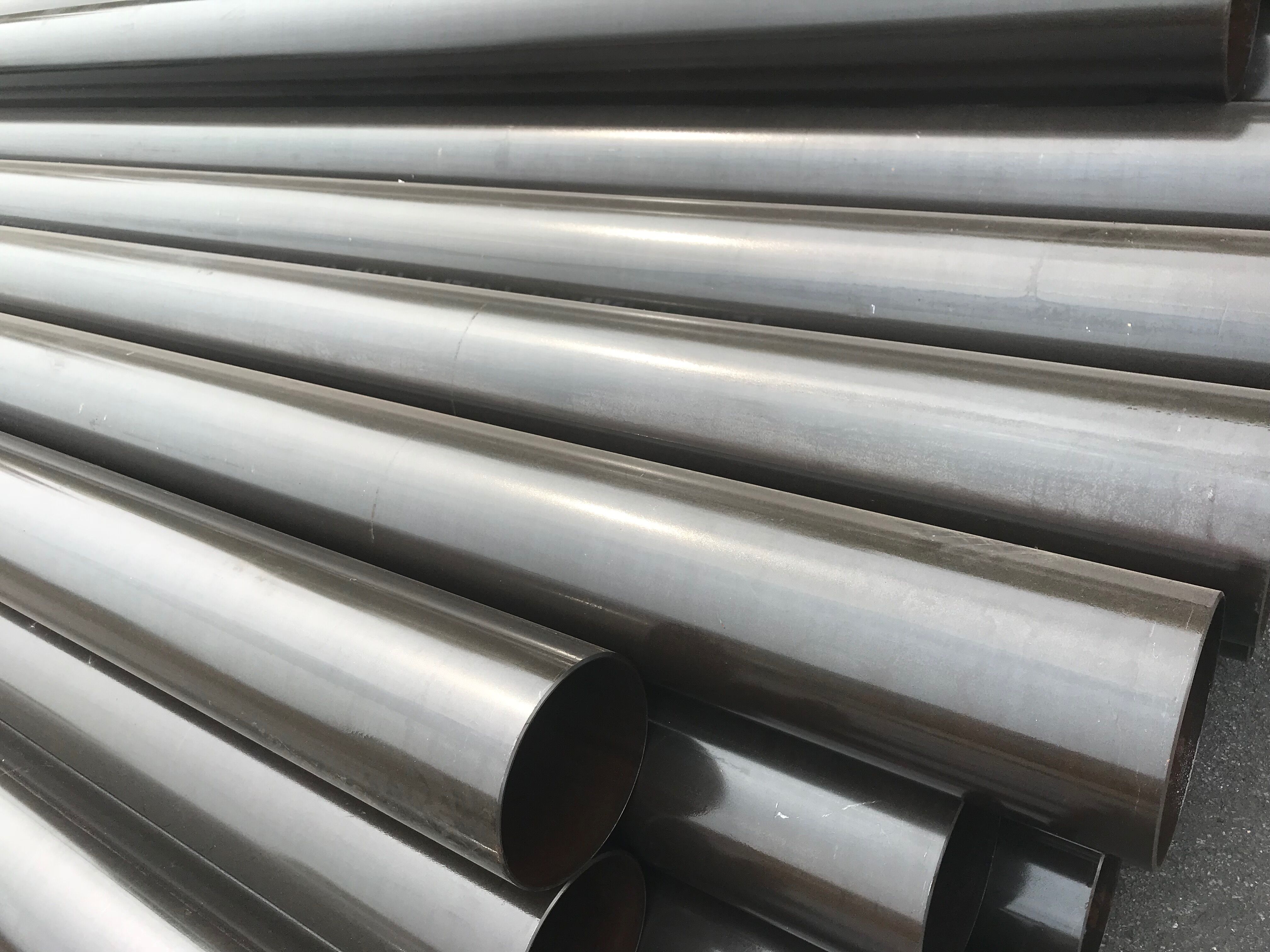Jul . 28, 2024 23:57 Back to list
Top-Quality Large Diameter Steel Pipe Provider for Diverse Industrial Applications and Projects
The Importance of High-Quality Large Diameter Steel Pipes in Modern Industry
In the contemporary industrial landscape, the use of high-quality large diameter steel pipes is increasingly prevalent across various sectors such as construction, oil and gas, water supply, and infrastructure development. These pipes are essential components, fundamentally contributing to the efficiency and safety of operations in multiple applications. As a result, the demand for reliable suppliers of these pipes has surged, prompting industries to prioritize quality, durability, and performance.
Understanding Large Diameter Steel Pipes
Large diameter steel pipes, typically defined as pipes with diameters exceeding 12 inches, are utilized for transporting fluids and gases under immense pressure. Their size and strength make them indispensable for major projects, including pipelines that transport hydrocarbons, water systems that distribute potable water, and structures that require robust construction materials. The ability to withstand high pressures and resist corrosion is crucial, as these pipes often operate in harsh environments.
Quality Matters
When it comes to large diameter steel pipes, quality cannot be overstated. Pipes constructed from high-quality steel not only meet industry standards but also ensure longevity and reduced maintenance costs. High-quality materials lead to enhanced performance and lower failure rates, which are paramount in industries such as oil and gas where any leak or failure can result in catastrophic consequences. Furthermore, the manufacturing process plays a significant role in determining the quality of steel pipes. Advanced manufacturing techniques, strict quality control measures, and adherence to international standards such as ASTM and API certifications are critical factors that reputable suppliers uphold.
The Role of Suppliers
high quality large diameter steel pipe supplier

Choosing the right supplier is essential for ensuring the reliability of large diameter steel pipes. Reputable suppliers offer a range of products that meet specific industry requirements and standards. They provide comprehensive services, including custom fabrication, pre-shipment inspection, and logistics support, ensuring that clients receive products tailored to their project needs. Additionally, a good supplier will maintain transparency regarding the sourcing of materials and the manufacturing process, giving clients confidence in the reliability of their products.
Cost-Effectiveness and Sustainability
While high-quality pipes may come with a higher initial cost, they often result in significant savings over the lifecycle of the project. Durable pipes minimize the need for repairs, replacements, and unexpected downtime, contributing to overall cost-effectiveness. Moreover, modern suppliers increasingly focus on sustainable practices, producing steel pipes using recycled materials and environmentally friendly processes. This not only reduces the ecological footprint but also appeals to companies seeking to enhance their sustainability credentials.
Innovation in Steel Pipe Manufacturing
The steel pipe industry is witnessing rapid advancements in technology, which are revolutionizing manufacturing processes. The adoption of automation, sophisticated welding techniques, and quality testing methods are enhancing the production of large diameter steel pipes. Moreover, the integration of Industry 4.0 technologies is paving the way for better data management and predictive maintenance, leading to improved product quality and operational efficiency.
Conclusion
In conclusion, the significance of high-quality large diameter steel pipes cannot be understated in today's industrial spheres. As industries continue to evolve and expand, the reliance on durable and efficient materials will only grow. By collaborating with reputable suppliers who prioritize quality and innovation, businesses can ensure the integrity and success of their operations. As the demand for large diameter steel pipes rises, so does the expectation for exceptional quality, making it imperative for suppliers to uphold these standards in an increasingly competitive market.
-
High Quality Mild Steel Pipe Manufacturers in China for Exporting Premium Industrial Solutions
NewsAug.01,2024
-
Exploring Key Characteristics of Wholesale API Steel Pipes for Your Business Needs
NewsAug.01,2024
-
Current Wholesale Prices for ERW Steel Pipes in the Market Right Now
NewsAug.01,2024
-
Exploring the Diverse Applications and Benefits of China Round Steel Pipes in Construction and Industry
NewsAug.01,2024
-
Top Quality API 5L ERW Steel Pipe Manufacturer Offering Reliable and Durable Solutions for Your Needs
NewsAug.01,2024
-
Reliable Supplier of Premium Quality Concrete Pipes for Durable Construction Projects
NewsAug.01,2024